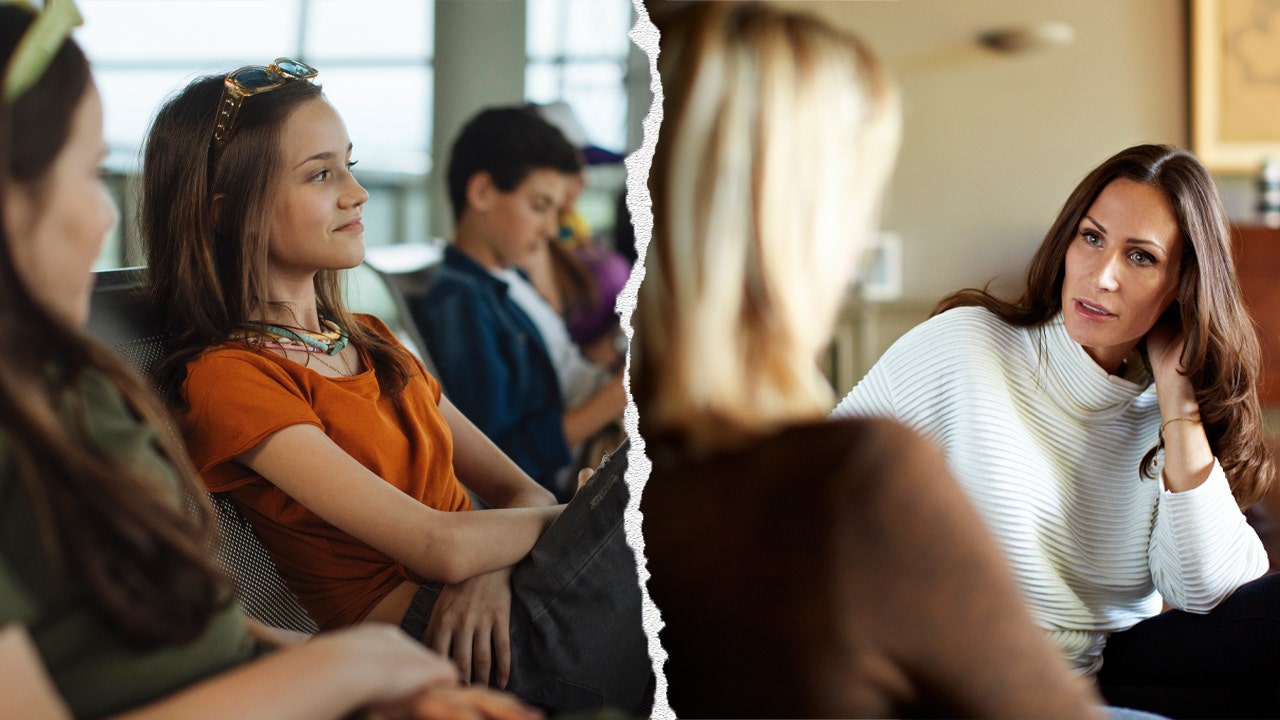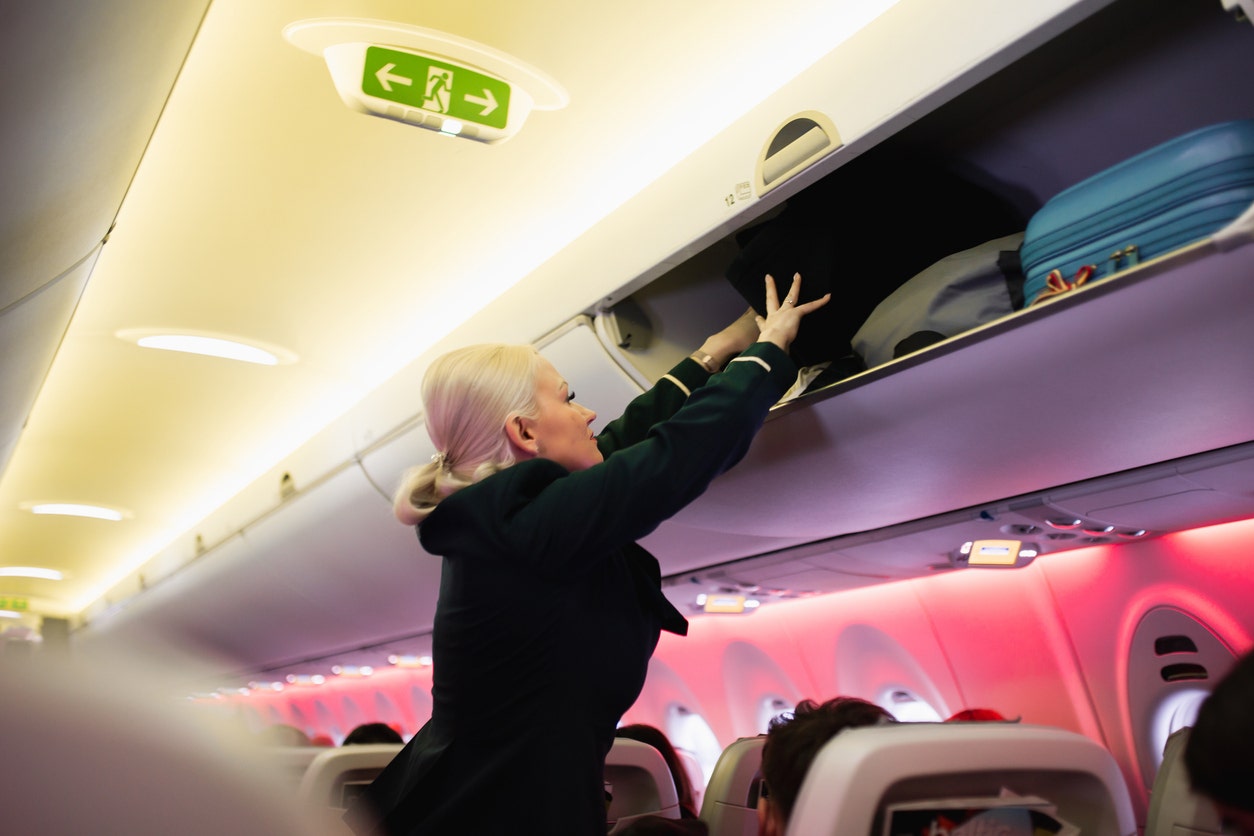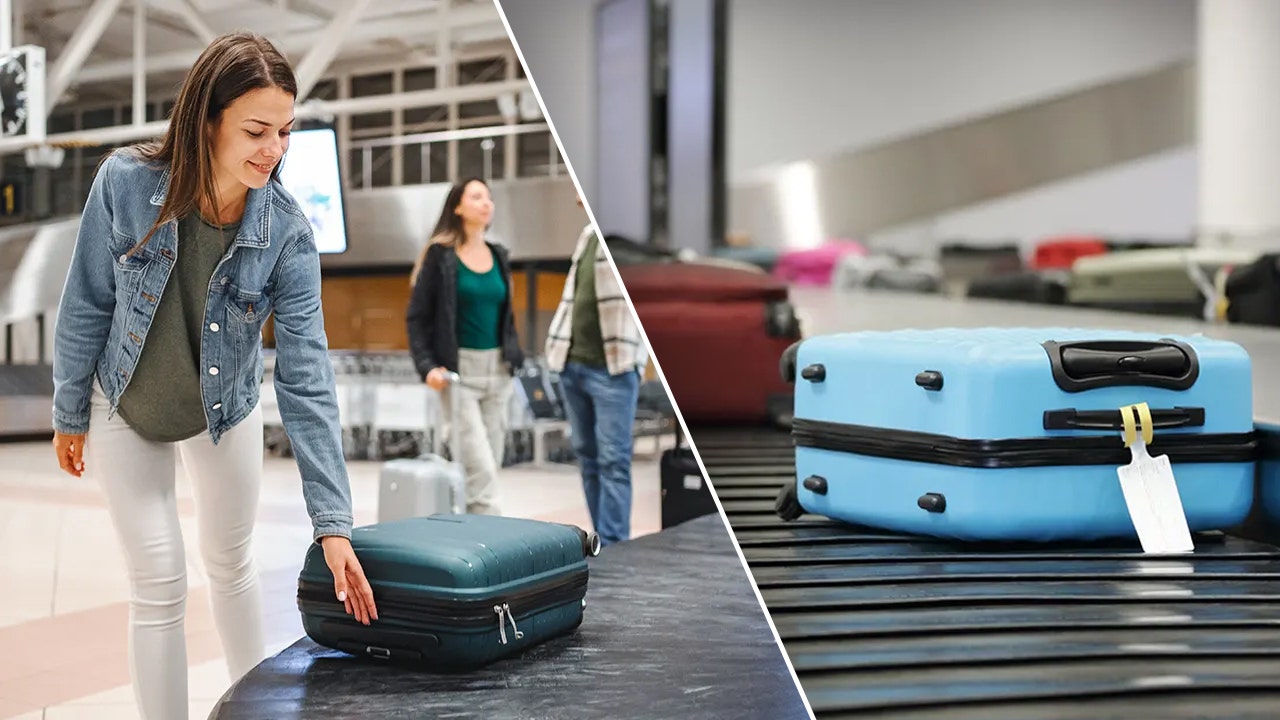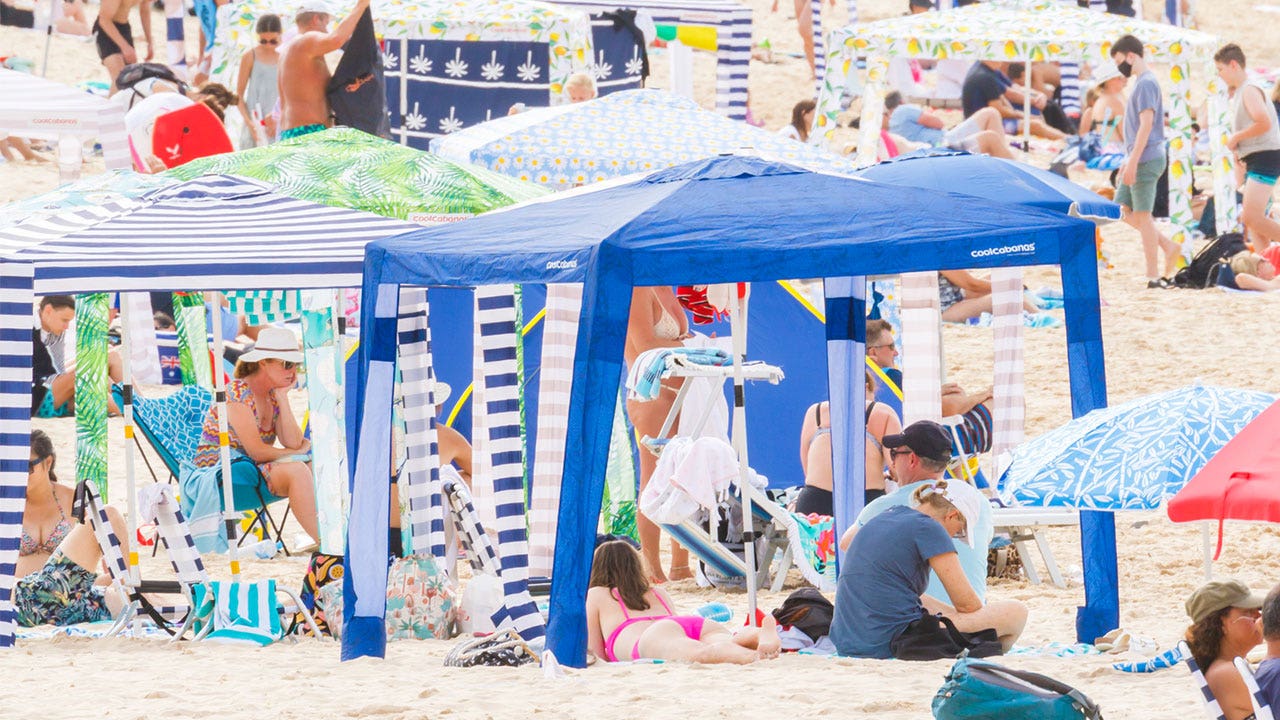Debate over the use of beach cabanas at popular travel destinations has sparked direct intervention from Prime Minister Anthony Albanese in Australia.
During a recent appearance on a morning television show, he addressed this contentious issue, stating it contradicts the core values cherished by the Australian public, as reported by Reuters.
“One of the great things about Australia, unlike some parts of the world, (where) you go and you’ve got to pay to go to the beach, here, everyone owns the beach,” Albanese remarked, emphasizing the inclusive nature of beach access in the country.
He elaborated, “It’s a place where every Australian is equal. And that’s a breach of that principle, really, to think that you can reserve a little spot as just yours.”
Social media has become a battleground for opinions, as Australians and travelers alike weigh in on the rise of portable cabanas.
“Those cabanas take up so much room that sunbathers left only the concrete path,” criticized one regular beachgoer on social media.
In a more contemplative tone, another argued, “people are the issue, not cabanas.” This highlights the underlying tension; people’s behavior often overshadows the mere presence of equipment.
Humor surfaced with remarks like “Beach Blanket Bingo,” painting the situation in a light-hearted way amidst the chaos of opinions.
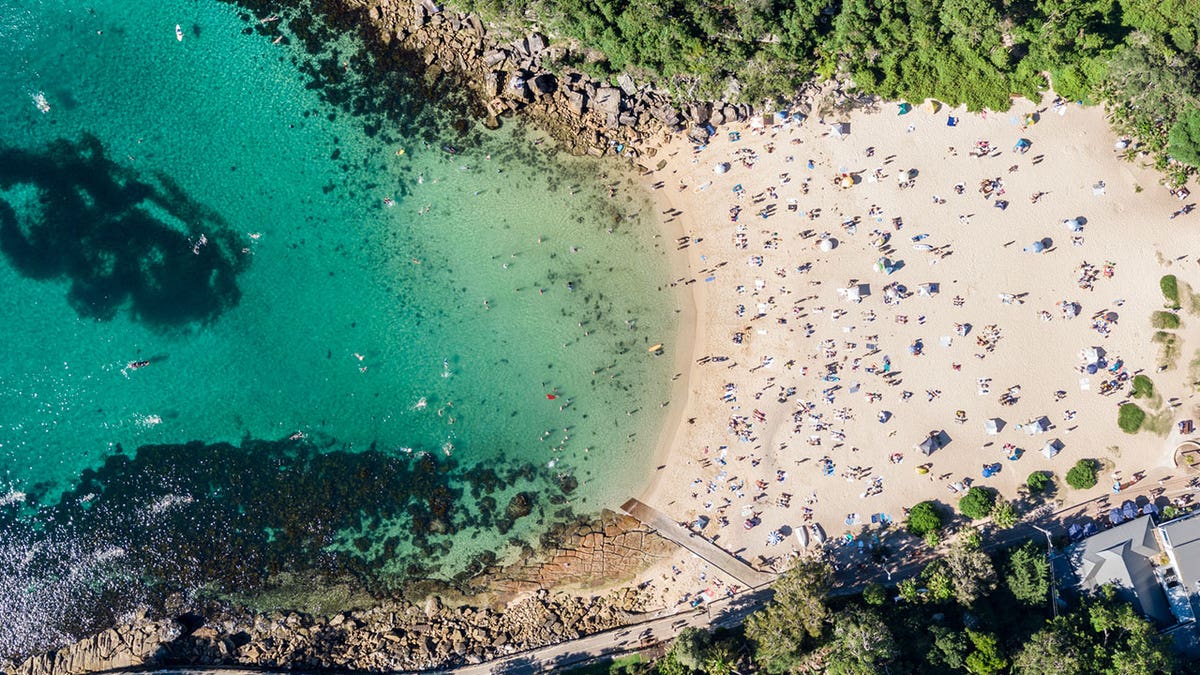
A user foresaw change ahead, predicting, “I can see a law [being] drafted soon.” Others weighed in with tongue-in-cheek remarks, “Because there are no bigger problems in Australia than Beach Etiquette,” underscoring the irony of heated discussions on such a trivial matter.
“Everyone owns the beach… that’s what we believed growing up,” remarked a nostalgic user. Such statements reflect the emotional connection many have with Australia’s beaches, a shared experience that transcends generations.
In contrast, another user stated, “There are no issues with Cabanas….they are brilliant for sun protection and shelter,” indicating a growing acceptance of these modern beach accessories.
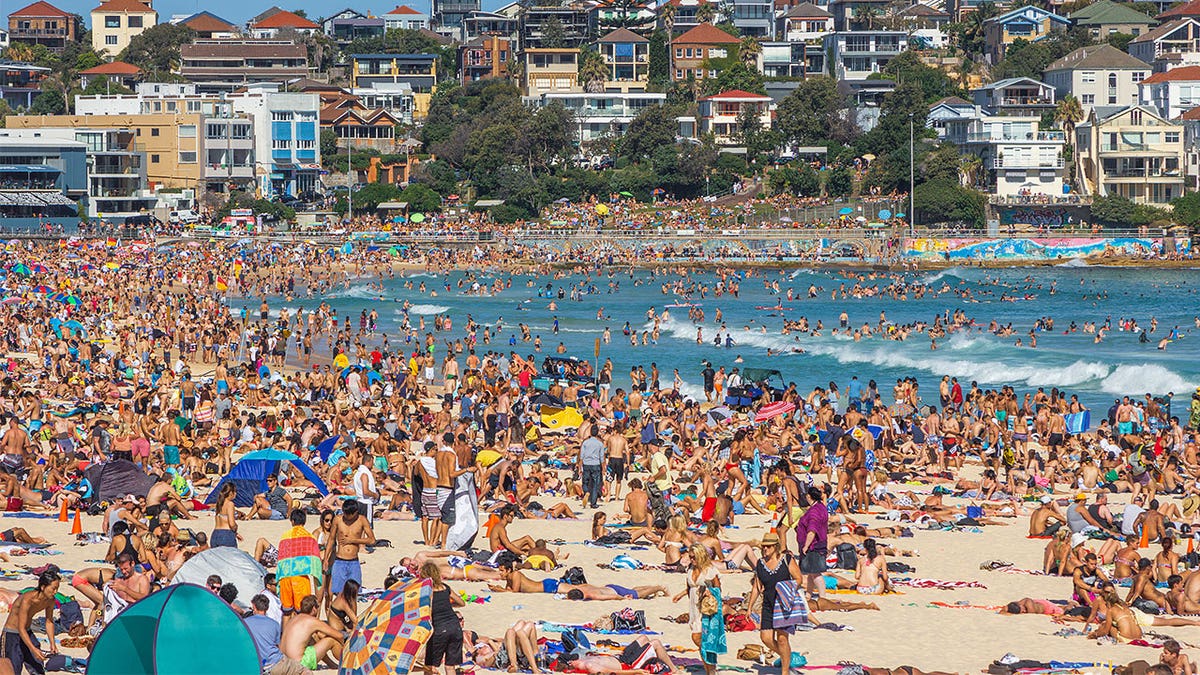
The concerns deepened with assertions that cabanas are overtaking valuable beach space, as one user observed, “People are taking up housing block size of some beaches by placing four cabanas in a square with a gathering place in the centre.”
Australia’s beaches, classified as public “crown land,” are meant for the enjoyment of all citizens. The New South Wales government states, “Crown land is land held by the NSW Government on behalf of the public, for the benefit of the community.” This principle ignites discussions about equitable access to natural resources versus proprietary claims by individuals.
The discourse has extended to broader topics of beach ownership, with one user provocatively asking, “When will someone in this country see sense and allow private businesses to build beach clubs on small parts of the beach?” This premise challenges the long-standing notions of free access and poses questions about the future of beach culture in Australia.
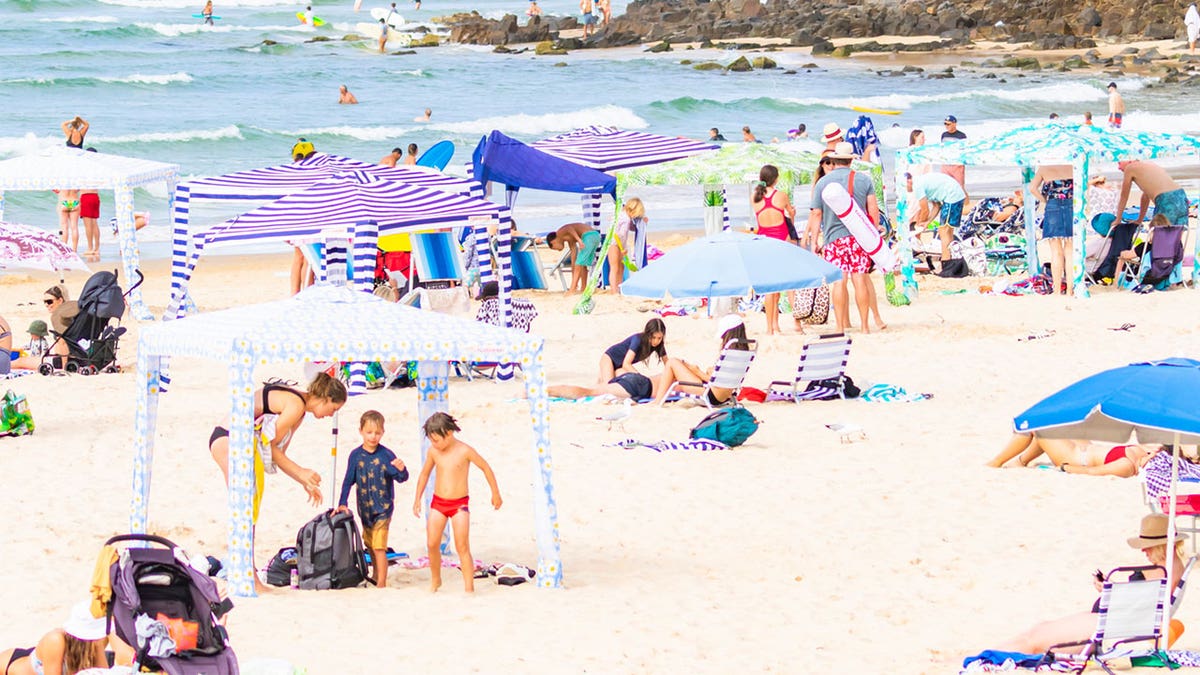
Another countered, “No thanks.. we don’t want this… beaches for all Australians not just those rich enough to pay.” Such sentiments resonate deeply, emphasizing the collective spirit many Australians feel toward their beautiful coastline.
Statistically, Australians hit the beach for approximately 31 million day trips annually, a testament to the country’s love affair with its sun-kissed shores. Summer unfurls from December to February, drawing both locals and tourists to its sandy embrace.
In 2023, around eight million international visitors were drawn to Australia, marking a 36% increase from the previous year, according to the Australian Bureau of Statistics. “Visitors come to Australia each year lured by beautiful beaches, unique flora and fauna, friendly people and a relaxed atmosphere,” stated a representative from the Australian Consulate-General, highlighting the allure of Australia’s sun-soaked terrain and vibrant culture.
While the beach cabana debate rages on, what remains clear is this: the beaches of Australia are more than just a public space; they are a profound symbol of equality, freedom, and shared experience in a nation that holds its outdoor lifestyle dear.
Reuters contributed to this report.






























